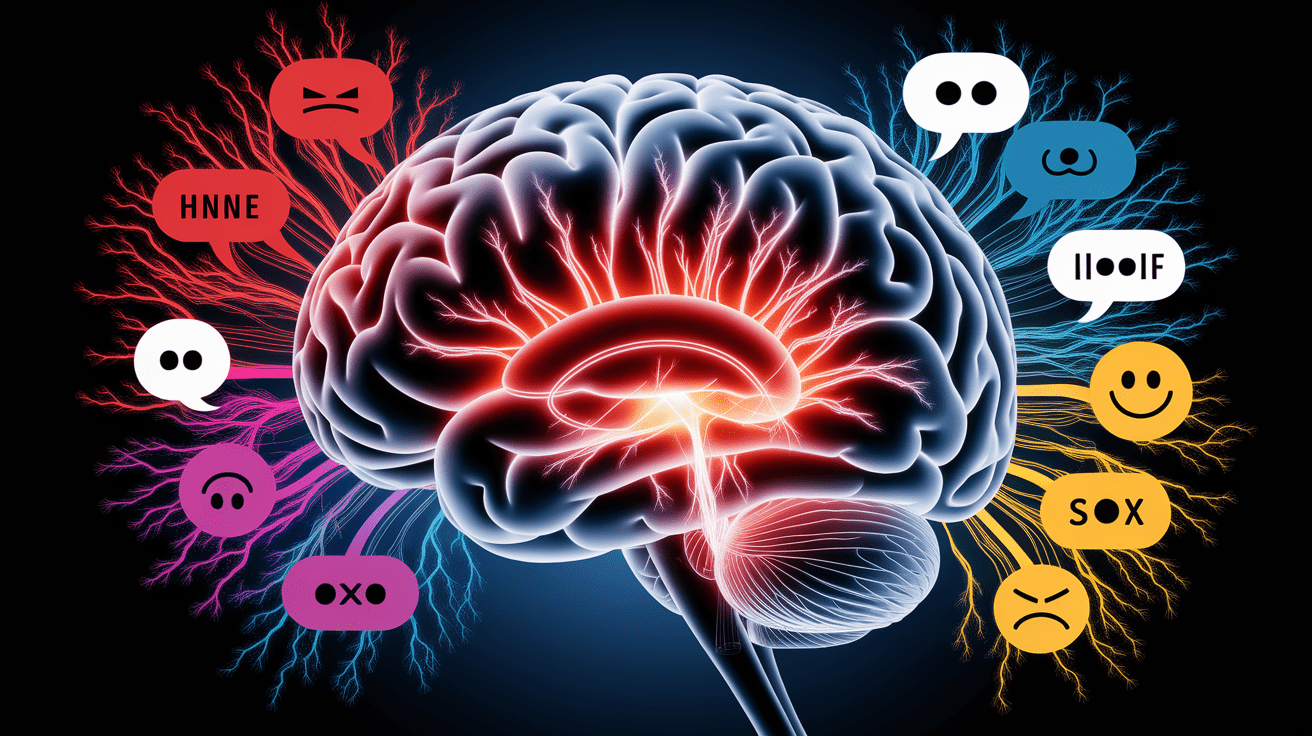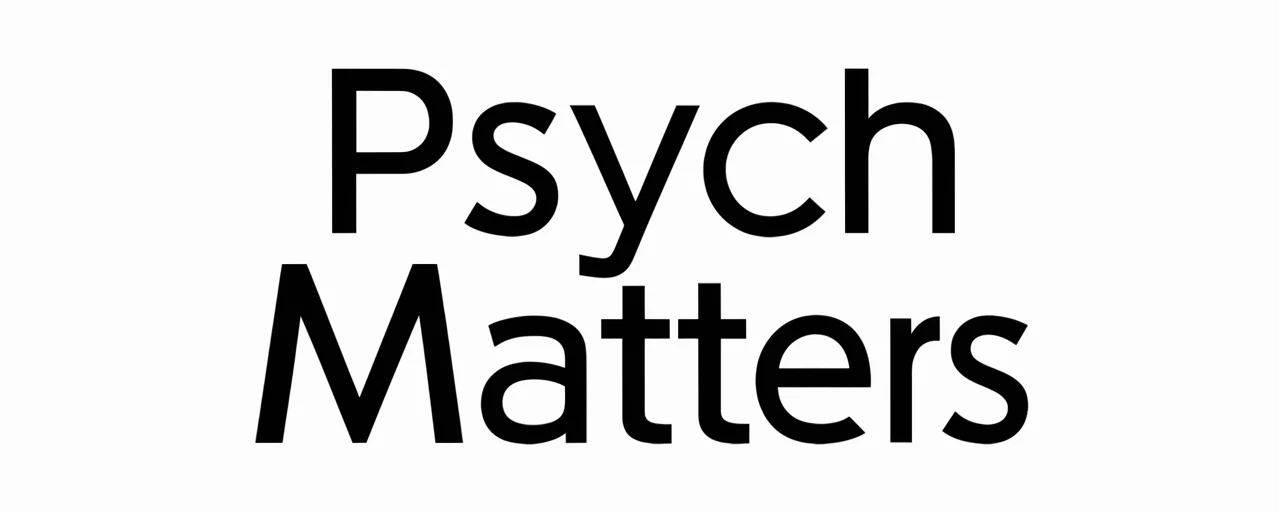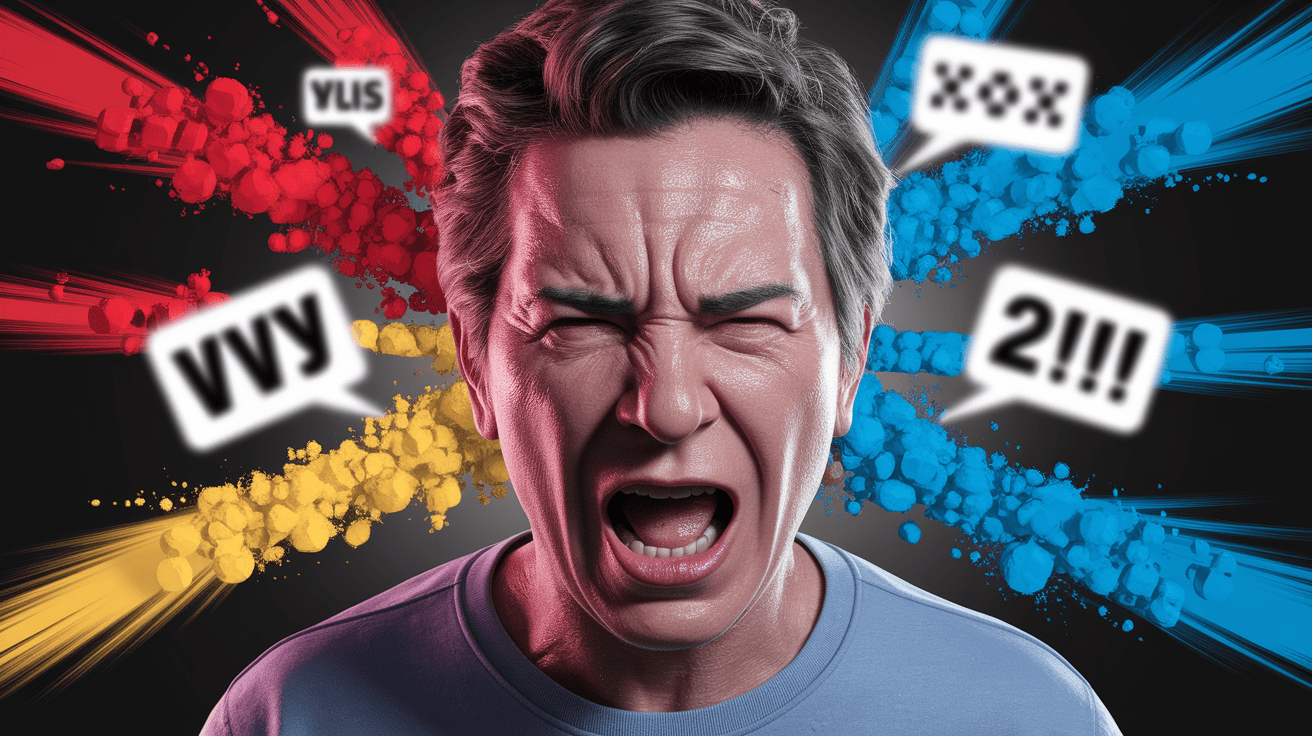Cussing for Control: How Swearing Regulates Emotion
Speak Your Mind, Calm Your Mind
Swearing—defined as the use of offensive or taboo language—has long been viewed primarily as a social or linguistic transgression. However, research increasingly supports its role as a functional emotional regulation tool. Studies indicate that uttering curse words can activate physiological mechanisms that aid in managing stress, pain, and intense emotional arousal. Such effects position swearing within the domain of behavioral psychology, specifically in relation to emotional coping mechanisms and psycholinguistics.

According to research compiled in the National Institutes of Health review on swearing and emotional regulation, profanity can serve as more than verbal aggression—it engages deep emotional brain circuits to help stabilize emotional states in moments of distress.
The Neurobiology of Swearing and Emotion
Swearing is processed differently from neutral language, often bypassing the brain’s standard language-control pathways. Neuroscientific studies show activation of the amygdala, a key center for emotional processing, when individuals engage in swearing during emotionally charged situations. This activation is linked to the fight-or-flight response, producing stress-induced analgesia.

Evidence from the study on swearing and cognitive control demonstrates that profanity can alter error-related brain responses and behavioral inhibition, indicating a neurological basis for its capacity to modulate both emotion and action. Such findings underscore swearing’s dual impact on both emotional release and cognitive processing.
Swearing as a Cathartic Outlet
The catharsis hypothesis—widely discussed in behavioral psychology—contends that expressing intense emotions can prevent them from escalating into harmful behaviors. Swearing often operates as a rapid, cathartic outlet for stress, anxiety, and frustration. It can function as a psychological defense mechanism that channels emotional arousal toward non-destructive verbal expression.

Research summarized in studies on profanity and emotional regulation indicates that swearing helps individuals manage pain and reduce aggressive impulses through emotional release. The PMC research on profanity as a self-defense mechanism further supports its utility for mitigating anxiety and depression in certain contexts.
- Reduction in acute stress symptoms through verbal release.
- Temporary alleviation of anxiety via emotional catharsis.
- Decreased likelihood of physical aggression in high-arousal situations.
Swearing and Performance Enhancement
Beyond its role in emotional regulation, swearing can affect physical performance. Short, intense tasks—such as lifting heavy weights or sprinting—can benefit from the psychophysiological arousal triggered by profanity. This phenomenon aligns with state disinhibition: a reduction in social or cognitive restraints, potentially mediated by amygdala activation.

Findings from Frontiers in Psychology’s mini-review on swearing and performance reveal that profane verbal expressions can improve effort output, increase self-confidence, and enhance psychological flow. Comparable mechanisms are seen in other vocalizations such as grunting or shouting.
- Enhanced muscular performance during high-intensity exertion.
- Boosted psychological resilience and self-belief during challenging tasks.
- Increased risk-taking behavior, though not directly tied to performance gains.
Contextual and Individual Factors
Swearing’s impact is not uniform; it varies according to demographic, personality traits, and situational context. Evidence shows that profanity use correlates positively with traits such as extraversion and Type A personality, and negatively with conscientiousness and religiosity. Men and adolescents display higher frequency of swearing compared to other groups.

The Psychological Science Observer’s review emphasizes that swearing can build social bonds, convey familiarity, and signal solidarity. Conversely, in professional or medical contexts, it may hinder perceived empathy and support. Thus, the appropriateness of swearing depends on aligning language choices with environment and interpersonal relationships.
- Beneficial in informal, high-trust social contexts.
- Potentially detrimental in formal or high-stakes professional settings.
- Dependent on listener expectations and shared norms.
Final Word: Crafting Your Curses
Swearing, while often socially discouraged, is a complex form of emotional expression that engages both physiological and psychological mechanisms. It can serve as an effective emotional coping strategy when deployed in appropriate contexts. Understanding the psycholinguistics of profanity empowers individuals to use curse words as a deliberate form of emotional regulation rather than as uncontrolled verbal aggression.
For those considering its use in therapeutic communication or stress management techniques, the key lies in thoughtful application—balancing the psychological benefits of profanity with its social costs. In the nuanced interplay between emotion, cognition, and language, swearing stands out as both a linguistic signal and a psychological tool for emotional resilience.







